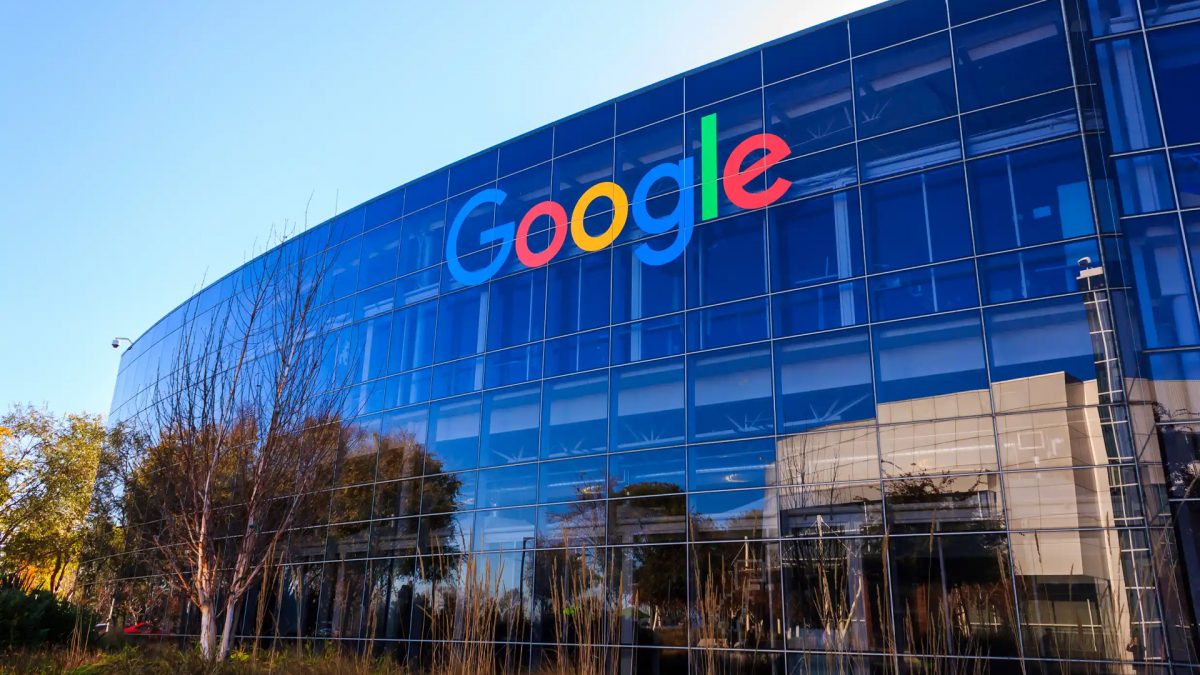Google has announced a major deal to harness nuclear energy, partnering with startup Kairos Power to source energy from small modular reactors (SMRs) in the US by 2030. This marks Google’s first venture into nuclear power, as the tech giant seeks sustainable energy solutions to fuel the growing demand from its AI-driven data centres.
With the ever-increasing energy needs of AI technology, Google’s move underscores the importance of finding zero-carbon energy sources. The agreement is the first of its kind, with Google securing power from multiple SMRs, a move that could deliver 500 megawatts of power to US grids between 2030 and 2035. Unlike traditional energy deals, Google is approaching this as an “order book” of reactors, which it argues will reduce costs and accelerate the commercialisation of nuclear technology.
Michael Terrell, Google’s senior director for energy and climate, highlighted that this partnership will help push new technologies forward, providing reliable, clean energy while unlocking AI’s full potential. This deal adds to Google’s existing renewable energy agreements, which total over 14 gigawatts of capacity.
Challenges ahead for SMR technology
Despite the excitement, the SMR industry has not yet fully commercialised or scaled. Startups in the sector have faced financial challenges, most notably the collapse of a project in Idaho last year. Additionally, the regulatory hurdles for new reactors remain high, with federal approvals for construction and operation still required.
This move by Google is part of a growing trend among tech companies turning to nuclear energy. Tech giants are under increasing pressure to power their AI ambitions without worsening climate change. Microsoft recently secured a 20-year agreement for 835 megawatts from a reactor set to restart at Pennsylvania’s Three Mile Island by 2028. Similarly, Amazon has inked a deal with Talen Energy to eventually power its AWS data centre with nuclear energy from an existing Pennsylvania plant.
Impact Shorts
More ShortsKairos Power’s affordable SMRs
Kairos Power, based in California and backed by the US Department of Energy, is already constructing a demonstration reactor in Oak Ridge, Tennessee. The startup uses a unique “pebble” fuel system combined with molten salt coolant, a process hailed as both safe and cost-effective. Kairos envisions its commercial-scale SMRs producing 75 megawatts each — smaller than traditional reactors but with the advantage of being easier to build and operate.
While Google and Kairos have not disclosed specific financial details, this partnership could signal the beginning of more nuclear ventures for Google, as Terrell did not rule out further exploration into nuclear energy.
AI’s future is nuclear?
As AI continues to surge, tech companies like Google are increasingly looking at nuclear energy as a sustainable solution to meet their massive power needs. Google’s nuclear move reflects a broader industry trend toward clean energy, especially as pressure mounts to limit the environmental impact of AI technologies. Nuclear energy could play a critical role in this shift, ensuring the growth of AI is not hindered by carbon emissions.
The partnership with Kairos Power represents a strategic step forward in achieving Google’s clean energy goals while maintaining AI’s momentum. As Terrell noted, nuclear energy will be key to supporting Google’s clean growth and advancing AI in a sustainable way.
)